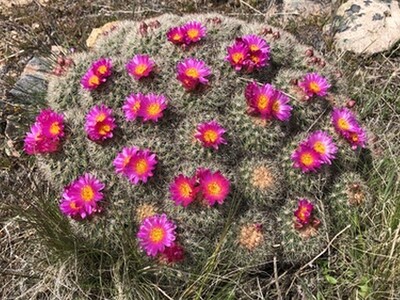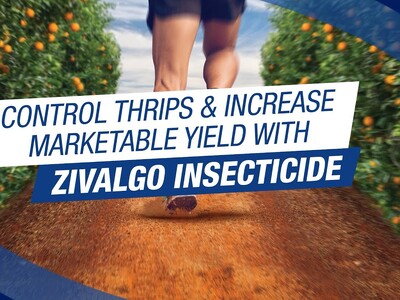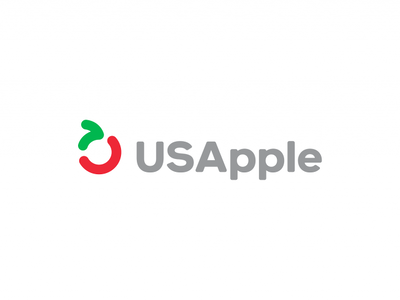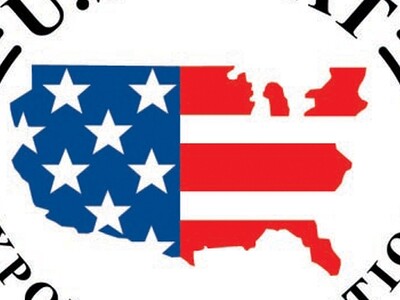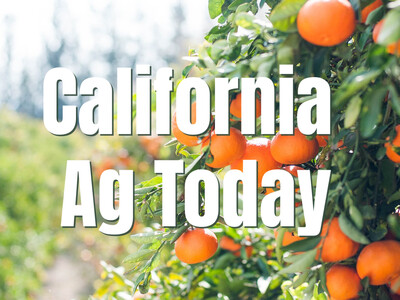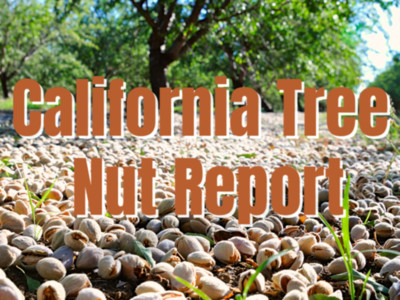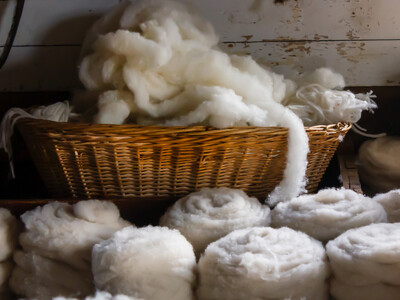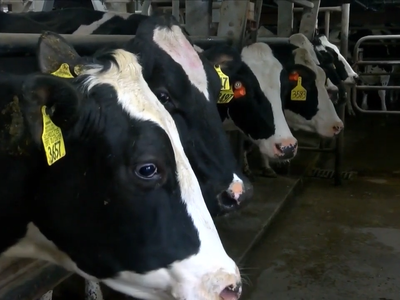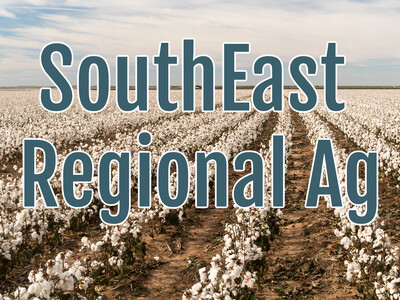The Bee Whisperer
The Bee WhispererI'm Lacy Gray with Washington Ag Today.
Entomologist Sue Cobey works with WSU researchers to improve the fitness and genetic diversity of the U.S. honeybee gene pool. She also has her own business near Coupeville doing artificial insemination of bees in an effort to improve the viability of America's honeybee stock. Locals there like to think of her as "the bee whisperer" and "the queen of queen bees".
COBEY: I work very closely with the California queen producers - supply them with breeding stock. Then they're responsible for basically the mass production of queens nationwide. They're looking for bees that basically can survive the pests and diseases - more hardy bees. So they can use less miticides in the colony. There's a lot of prophylactic treatment of pests and diseases in bees and we really want to get away from that.
Cobey says the commercial queen producers supply the virgin queens from the best of their stock, which she then injects with honeybee semen that comes from donor drones raised in colonies Cobey has nurtured for several years.
COBEY: It's kind of a slow process. A single queen, a virgin, when she's one week old will mate with an average of about 20 drones in flight, and the drones only function is to mate. So when they're mature if you basically just handle them - squeeze the abdomen to make them evert, it's fairly easy, just holding a mature drone usually you'll get the eversion, we call it eversion because it kind of turns inside out, and when they mate they die, so it's kind of an explosive reaction. And then the endophallus - you just collect the semen into a syringe. So I'll collect a couple hundred drones per sitting, and I put that in a capillary tube and then we can seal that.
Cobey's work with bees and beekeepers is extremely important for agriculture. She says nearly all of North America's fruits, vegetables, and nuts depend on commercial bee pollination services at the start of their production cycles.
That's Washington Ag Today.
I'm Lacy Gray on the Ag Information Network.




